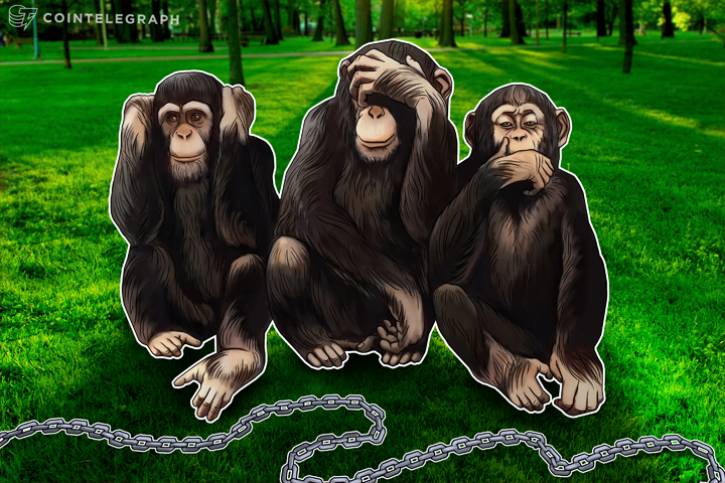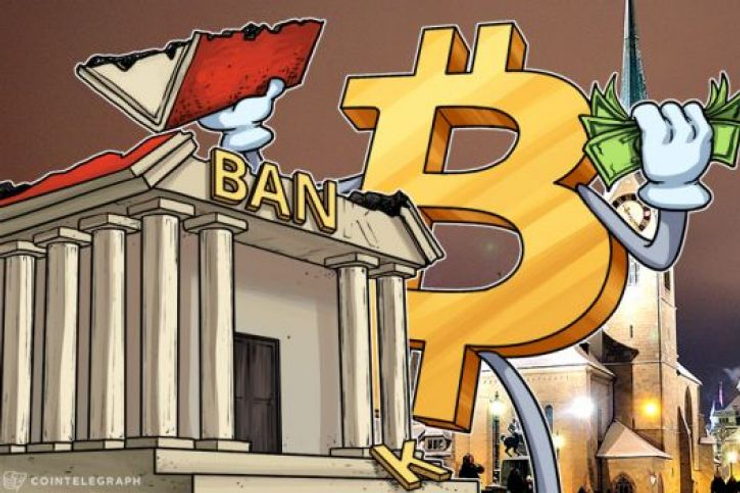Hi, I’m Adil Wali. I became a Microsoft certified professional at age 14 and started my first web development company. That led to a career as a serial entrepreneur, advisor, and startup investor. I got my first “real job” at 33, and I’m now a FinTech executive with a passion for the markets.

In my earlier post What would I look for in a co-founder?, I talked about some lessons I’ve learned along the way and the type of person I’d be looking for in terms of experience. That got me to thinking about technical experience in general and how not all experience is created equally and the difference between experience and non-experience.
When I’m thinking about the lessons I’ve learned throughout my entrepreneurial journey, one thing I regret the most is that in the early days I was too young to understand the difference between good engineers and experienced engineers. I just didn’t appreciate the value then.
My thinking was that I could get young passionate engineers cheap right out of college. They’re excited. If I chose someone else who had 5 or 10 years of experience, they’d cost much more. I was thinking along the lines of “I can get 2 young guys for the price of this other person.” When I was younger, I’d think there’s no way this experienced person can be twice as valuable – they’re not going to write twice as much code – but I’ve learned that was the wrong way to look at it. It’s not about that.
In the early days, with first-time hires what matters is your architecture. If you’re lucky enough to need to scale (someone’s willing to buy your product), you’re probably going to end up doing something you regret in the end. If no one uses your application, it doesn’t matter. So when it comes to scaling, trying to minimize the amount of architectural decisions you’ll end up regretting is key. And that’s where the right experience counts.
Why years alone don’t matter
People systematically overvalue years of experience. Nobody should really care about that. Just take a look at some of the most successful entrepreneurs of our time. How many years of experience did Mark Zuckerberg have to put Facebook where it is today? Think about it. It’s the same with Microsoft, Google, Apple, and others.
On the other hand, I meet people who seem lucky to have gotten where they area and have what they have today. They somehow found their way to where they were going, but in reality, life is just passing them by as they rack up years of “non-experience.”
Some people think more than other people – period. Someone with little experience who is thinking critically about what they’ve learned, actively seeking out a mentor, etc. have introspective experience. Their experience index is high. And I’ll take 2 years of introspective experience over 6 years of just going through life any day of the week.
The experience index
Not all experience is created equal because not all people equally reflect on their own experiences (how they could improve, etc.). There should some sort of experience index that factors in much more than years on the job. I think it’s important to differentiate between experience and non-experience. Maybe what’s needed is some sort of algorithm that might look something like this:
Yrs of experience x Level of introspection x Capacity to learn = Experience index
You don’t have to know everything
When I look back I didn’t know very much. In a lot of ways I still don’t. I think that’s important. There are people who need all the details before they can operate. Those people make terrible founders. The reality is you don’t know anything when you’re starting out – your product, your customers,etc. but there’s no question, the ABILITY TO OPERATE UNDER UNCERTAINTY is critical. Some people just aren’t built for that.
To be successful in a startup environment, you have to be cut out to work in non-structured environments. You need to be introspective. Those who aren’t will find they hate what they’re doing or wait around for someone to tell them what to do. And that’s no formula for success.






